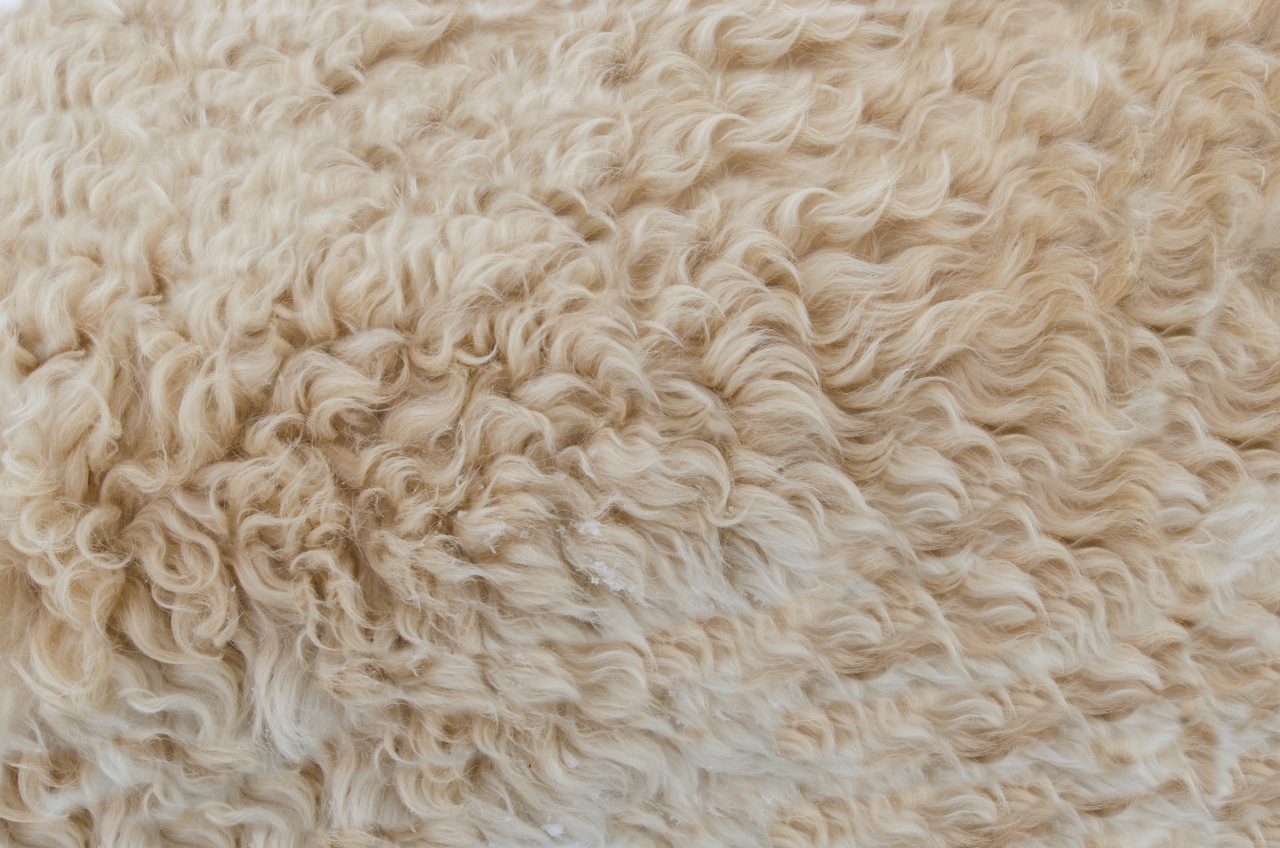Having dry skin can be a common and bothersome issue for many individuals. It not only affects the appearance of your skin but can also lead to discomfort, itchiness, and flakiness.
While dry skin can be a result of various factors such as weather, skin conditions, or lifestyle choices, it can also be a sign of underlying health issues. In this article, we will discuss what your dry skin could be telling you.
1. Dehydration
One of the most common causes of dry skin is dehydration. When your body lacks sufficient hydration, it can reflect on your skin. This occurs as the skin loses moisture and becomes dry, resulting in tightness and a rough texture.
To combat this, make sure you drink an adequate amount of water daily, especially during hot weather or when engaging in physical activities.
2. Environmental factors
Environmental factors can play a significant role in causing dry skin. Cold weather, low humidity levels, and exposure to wind can strip the skin of its natural oils, leading to dryness.
Similarly, frequent hot showers or baths, as well as excessive use of air conditioning or central heating, can also contribute to dry skin. To mitigate these effects, consider using a humidifier in your home, using lukewarm water for bathing, and protecting your skin from harsh weather conditions.
3. Skin conditions
Several skin conditions are notorious for causing dry skin. Eczema, also known as atopic dermatitis, is a chronic skin condition characterized by dry, itchy, and inflamed skin.
Psoriasis, another common skin disorder, causes the skin cells to multiply rapidly, resulting in dry patches with a silvery-white appearance. If you suspect that a skin condition might be causing your dry skin, it is important to consult with a dermatologist for an accurate diagnosis and appropriate treatment.
4. Aging
As we age, our skin undergoes various changes. With time, the skin’s natural production of oils decreases, resulting in dryness.
Additionally, collagen and elastin, which give the skin its firmness and elasticity, gradually diminish, leading to the formation of fine lines and wrinkles. While the aging process is inevitable, practicing a good skincare routine that includes moisturizing can help alleviate dry skin and slow down the signs of aging.
5. Underlying health conditions
In some cases, dry skin can be an indication of an underlying health condition. Hypothyroidism, a condition characterized by an underactive thyroid gland, can cause dry skin amongst other symptoms.
Diabetes, kidney disease, and malnutrition can also contribute to dry skin due to impaired skin function. If you notice persistent dryness or other concerning symptoms, it is advisable to consult with a healthcare professional for a thorough evaluation.
6. Medications
Certain medications or medical treatments can have a side effect of dry skin. For example, diuretics, antihistamines, and cholesterol-lowering drugs are known to cause skin dryness in some individuals.
Chemotherapy and radiation therapy can also affect the skin’s natural oil production, leading to dryness and sensitivity. If you suspect that your medications might be causing your dry skin, speak with your healthcare provider for alternative options or additional skincare recommendations.
7. Overuse of skincare products
While skincare products are crucial for maintaining healthy skin, excessive use or improper application can exacerbate dryness. Harsh soaps, cleansers, or exfoliators can strip away the skin’s natural oils, leading to dryness and irritation.
Additionally, using too many products with active ingredients like retinol or benzoyl peroxide can disrupt the skin’s moisture barrier, resulting in dry patches. It is important to use skincare products as directed and choose gentle, hydrating formulations suitable for your skin type.
8. Allergies
Allergic reactions can manifest on the skin, causing dryness, redness, and itchiness. Common allergens include certain foods, medications, skincare ingredients, or environmental factors such as pollen or pet dander.
If you suspect that an allergy might be contributing to your dry skin, try to identify the potential triggers and seek medical advice for proper diagnosis and treatment.
9. Hormonal changes
Hormonal fluctuations can disrupt the skin’s balance and lead to dryness. Women often experience dry skin during menopause due to a decline in estrogen levels.
Similarly, hormonal changes during pregnancy or while taking hormonal contraceptives can also affect the skin’s moisture levels. By understanding the role of hormones in your skin health, you can adjust your skincare routine accordingly and incorporate hydrating products.
10. Lack of essential nutrients
A well-balanced diet plays a crucial role in maintaining healthy skin. A deficiency in certain vitamins and minerals can contribute to dryness and other skin issues.
Essential fatty acids, such as omega-3 and omega-6, help maintain the skin’s moisture barrier. Vitamin E and vitamin C are antioxidants that assist in protecting and nourishing the skin. Additionally, zinc is essential for wound healing and overall skin health.
Including a variety of nutrient-rich foods in your diet can help improve your skin’s hydration.






























